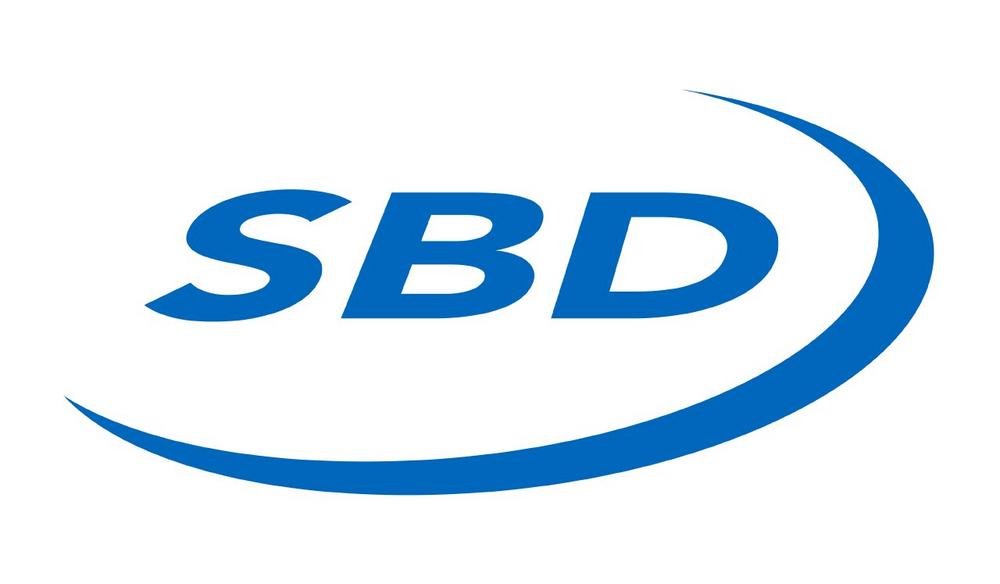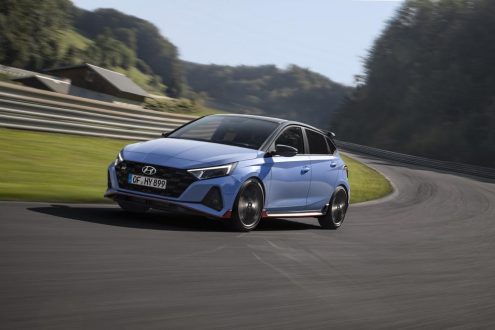Globally, the EV market has made impressive gains in the last few years, even breaking sales records during the COVID-19 pandemic. However, much of this growth comes with a hidden cost: government-funded incentives. All major EV markets have driven adoption with this type of incentive, and while it is a very effective tool, those funds come from the taxpayers. As EVs become cheaper to produce and prices fall, the incentives will be less important in the overall consumer purchase decision, eventually leading to more natural, self-sustaining market conditions. However, price is only one of many factors that play an important role in the purchase decision. Other concerns such as range anxiety, styling, lack of charging infrastructure, and sustainable battery production are at the front of many consumers’ minds, causing them to continue buying conventional (ICE) vehicles even when price is not a primary factor.
In this webinar, we will highlight key outcomes from our recent survey of 3,600 EV-owning and ICE-owning consumers. We’ll explain how the various factors are involved in the purchase decision and what automakers, dealerships, and governments can do to mitigate these concerns. We’ll also show examples of good and bad practices currently in use in the industry. By adopting best-practices, we can eliminate many of the barriers to adoption, which will create a positive feedback loop where market uptake accelerates, leading to reduced costs/prices, which leads to faster market acceleration.
We look forward to sharing our findings and expertise with you and supporting your journey in electrification.
Für die oben stehende Pressemitteilung ist allein der jeweils angegebene Herausgeber (siehe Firmenkontakt oben) verantwortlich. Dieser ist in der Regel auch Urheber des Pressetextes, sowie der angehängten Bild-, Ton-, Video-, Medien- und Informationsmaterialien. Die United News Network GmbH übernimmt keine Haftung für die Korrektheit oder Vollständigkeit der dargestellten Meldung. Auch bei Übertragungsfehlern oder anderen Störungen haftet sie nur im Fall von Vorsatz oder grober Fahrlässigkeit. Die Nutzung von hier archivierten Informationen zur Eigeninformation und redaktionellen Weiterverarbeitung ist in der Regel kostenfrei. Bitte klären Sie vor einer Weiterverwendung urheberrechtliche Fragen mit dem angegebenen Herausgeber. Eine systematische Speicherung dieser Daten sowie die Verwendung auch von Teilen dieses Datenbankwerks sind nur mit schriftlicher Genehmigung durch die United News Network GmbH gestattet.

![]()




